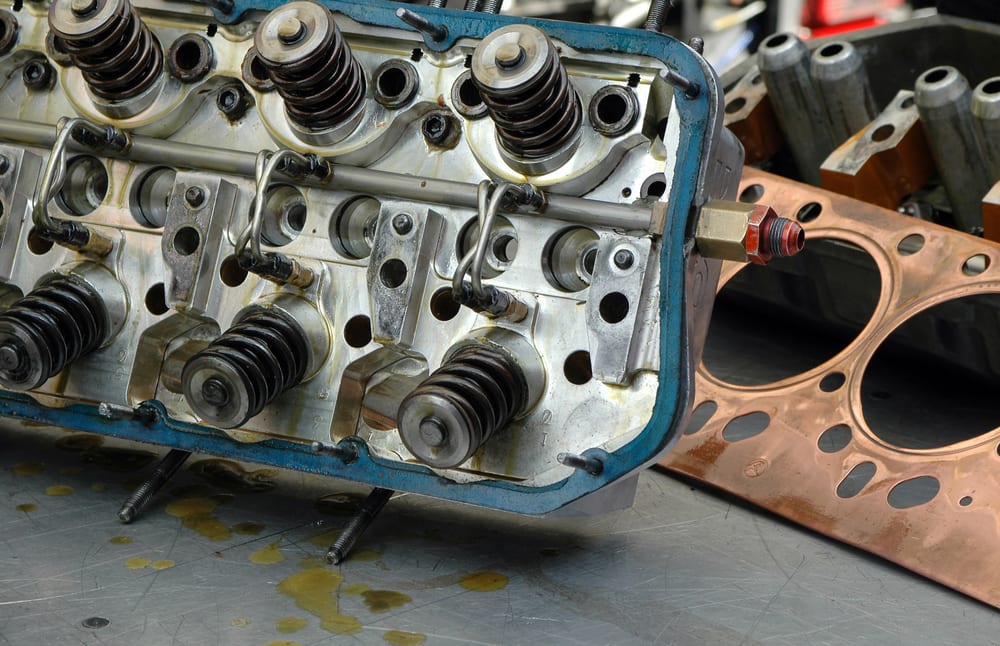

When you open the hood of your car to take a look at your engine, you'll find it is kept safe with a valve cover. What keeps this valve cover in place and not moving around is the valve cover gasket. This part is usually made of cord or rubber and creates a tight seal.
The tight seal that the valve cover gasket creates is important because it prevents the oil from the engine from leaking and spewing all over. If the oil leaks, you can bet it's going to cause not just a big mess, but a lot of damage that is expensive to fix.
Over time, this seal that the valve cover gasket creates starts to wear down. Once it starts to wear down, you don't want to wait to have it replaced.
When you are looking to replace your gasket keep a couple things in mind:
Don't switch materials: The most common type of valve cover gasket is made from silicon rubber. It is recommended that you don't change what the car came with - the factory standard.
Silicon rubber: Silicon rubber valve cover gaskets are easy to replace, and tend to hold up better where breakage is concerned. However, they are known to shrink over time.
Cork: Cork valve cover gaskets are the other option available. Not only does this material create a strong seal, but it will actually soak up leaking oil, should it start to leak. However, they are harder to deal with when it comes to replacing.
Your valve cover gasket needs to create a strong seal in order to be effective. If you suspect yours isn’t effective, it may be time for replacement.
YourMechanic supplies top-quality valve cover gaskets to our certified mobile technicians. We can also install a valve cover gasket that you've purchased. Click here to get a quote and more information on valve cover gasket replacement.



